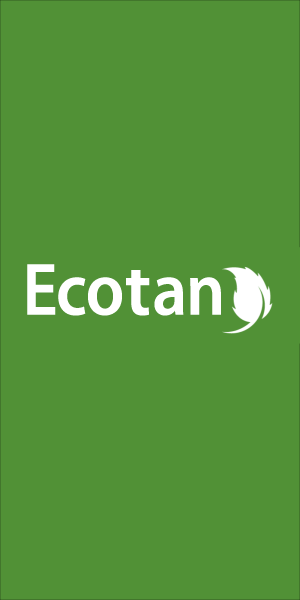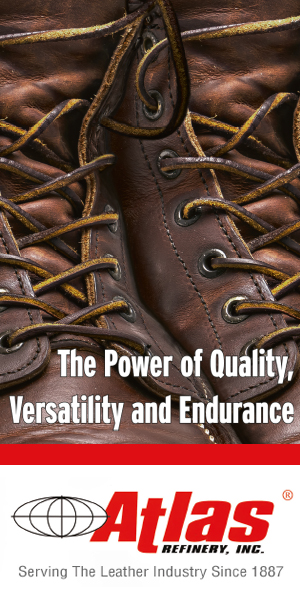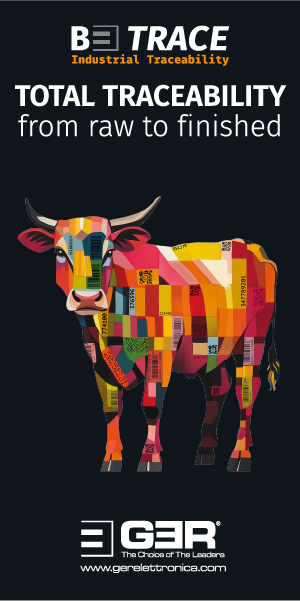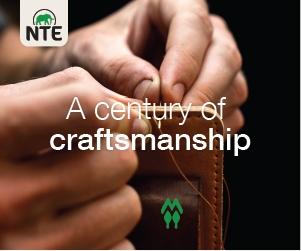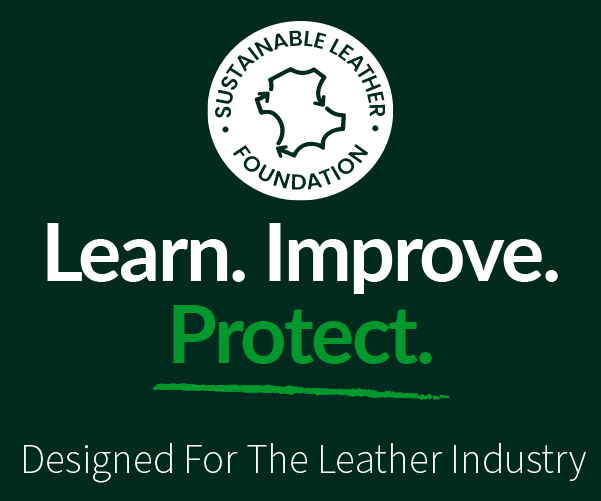ECCO’s strength is also its weakness

The footwear and leather group is focusing on resuming operations after a fire destroyed its wet-end processing facility in the Netherlands. The vertical nature of the business means disruptions have a knock-on effect.
On the evening of May 4 this year, a devastating fire broke out at ECCO Leather’s tannery in Dongen, the Netherlands, destroying the wet-end facility. Luckily, as it was overnight, nobody was hurt, but players across the global leather industry took to social media to express their sympathy and well wishes for the employees and management, collectively feeling sadness for this well-respected tannery.
The beamhouse facility processes around 27 million square-feet of wet blue per year and employs 120. The separate leather finishing facility, which employs around the same amount and produces around five million square-feet per year, as well as the main building, escaped the fire.
An investigation is under way, as is the clean-up operation. Reports at the time said the fire was well-established by the time firefighters arrived, so the decision was taken to let it burn through. A local company has been brought in to investigate and pass the results onto insurers, whose specialist providers will instruct removal and clean-up operations. Because of the nature of these investigations, the reports into the cause and full impact of the fire might take some time. “We are deeply saddened by the fire at our factory,” ECCO Group told World Leather. “There was no one in the building at the time, so fortunately, there was no personal damage.”
Global reach
Shoe brand ECCO was launched in Denmark in 1963 and credits part of its success to its structure: it is unusual for one company to control most of the supply chain, from tannery and shoe production to wholesale and retail. Its shoes are sold in 89 countries and the group employs around 21,400 people. It has worked with KT Trading on the hides supply side for many years.
As well as the Dongen site, ECCO also owns tanneries in Indonesia, Thailand and China. The facility in East Java was established in 1993 and underwent a complete renovation in 2012. It employs around 530 and has a capacity of 30 million square-feet per year. The Thai tannery, ECCO Leather Ayutthaya, was set up in 1998 and operates with ‘zero waste to landfill’ and solar panels for renewable energy. It employs 300 and has a capacity of 22 million square-feet. The Chinese facility, ECCO Tannery Xiamen, was opened in 2008, and in 2014 set up a cutting and sewing operation. By 2019, it had installed solar panels and added an extra cutting plant. The facility employs 650 people and has a capacity of 35 million square-feet per year.
Hot shots at HotShop
The site at Dongen is something of a flagship facility, with the finishing plant and R&D space described as “the world’s first design-led tannery”. It places huge emphasis on being at the cutting edge of creativity, developing novel leathers for the fashion sector, such as Apparition, a wearable transparent leather, and FSDX, a lightweight full-grain leather fused to a non-woven backing.
Each year, ECCO invites around 150 designers and creatives from various sectors to the tannery for a week of demonstrations, inspiration and collaboration. The 17th HotShop took place last summer, aiming to influence how these designers think and feel about leather. The idea is to show how versatile and desirable it is, and how it can be adapted and used in ways that they might not have thought possible. “Instead of walking around sweat-inducing trade shows, feeling swatches here and there, HotShop is a place where everyone is a creative equal,” says ECCO. “It’s a time to think about leather beyond commerciality and an opportunity to treat, colour and design. Most of all, it’s an experience that inspires.”
During the week, the designers are challenged to create collections, accessories or leathers to various briefs. ECCO staff host workshops demonstrating the latest techniques and technologies, sparking discussions around use and sustainability. These innovative practices include supercritical dyeing, where carbon dioxide is used to infuse pigments, resulting in a dry and waste-free process. While currently at lab scale, Ecco dyed shoes for London Fashion Week 2024 used this technique.
HotShop also gives attendees the opportunity to tour the tanneries, and learn about the DriTan process, which allows leather manufacturers to use the moisture already present in hides and, therefore, consume less water in the tanning process. ECCO has calculated that DriTan allows it to save 20 litres per hide, saving a total of 250 million litres of water per year in Dongen, as well as eliminating 600 tonnes of sludge.
Another development presented during the workshops is a new leather ‘yarn’ that can be used to make knitted uppers for footwear, furniture and accessories. The result of a tie-up between bio-yarn producer Spinnova and KT Trading, Respin uses wet blue shavings from European tanneries, and has been described as a “step towards completing the circular economy for leather”. ECCO and Spinnova signed a letter of intent last summer, saying the fibre meets quality standards and they are working on a commercial shoe launch.
All these techniques and processes enable designers to view leather in a new way – and the creatives, in turn, help ECCO with the R&D process, to see what finished product designers might require and how they approach the process. Smaller HotShops have also taken place in the US – New York and Portland – to bring the vision and experience to a wider audience.
Strict targets
ECCO is transparent with its sustainability targets and achievements, and all its tanneries were classed as Leather Working Group gold in 2024. The group aims to be “energy neutral” by 2028 and reach net-zero discharge of water before the end of 2030. It implemented water recycling technologies at its tanneries in the Netherlands and Indonesia in 2023, allowing 30,000 cubic-metres of water to be recycled in Indonesia alone last year. In 2021 it bought 30% of Danish start-up Bioscavenge, which has developed new methods for water treatment plants.
“ECCO owns practically the entire value chain from leather and shoe production to retail, and this puts us in a unique position to influence the development of new methods in the environmental field,” Thomas Gøgsig, ECCO’s CEO, said at the time. “We wish to not only reduce our own water footprint to the widest possible extent, but also to support intelligent environmental technologies that elevate the industry’s way of handling and prioritising water resources.”
All the tanneries and half the shoe-making facilities have solar panels installed, so half of the group’s energy is derived from renewable resources. Last year, it commenced work on a 64 hectare solar park in Denmark, which is due to come on stream this year and will return enough energy to the public grid to make up for most of its European facilities’ consumption.
Management headaches
However, ECCO is not long past a change of management. Longstanding manager Panos Mytaros stepped down as group CEO last year, having held the role for around three years. He was replaced by Thomas Gøgsig, formerly CEO of ECCO Investment, the investment arm of the business.
For 2024, the group reported revenues of €1.49 billion, and although this was lower than in 2023 (€1.57 billion) and 2022 (€1.58 billion), it was above 2021 (€1.2 billion). However, profit before tax was substantially lower compared with 2023: €5.1 million versus €90 million, which was described as “far from satisfactory”.
In its 2024 report, the group somewhat prophetically commented: “ECCO’s factories, tanneries and retail stores are inter-dependent, and a disruption in one area may adversely affect the entire value chain and, most notably, sales to consumers. As an example, a factory fire or natural catastrophe might significantly affect the group’s operations. ECCO’s prepared mitigations include measures to prevent fires, various contingency plans and suitable insurance cover.” In that report, it also estimated profit before tax would be back up to between €50 million and €75 million this year. But that was before the fire, which is likely to impact the business substantially.
How ECCO’s contingency plans will play out, and how it will adapt and restructure is still unclear, but many will be hoping for a Phoenix-like recovery. At the time of going to press, ECCO told us: “Investigations are still ongoing, so we don’t have many details to share. Our full focus is still on our employees and resuming our operations so we can continue to service our consumers across the globe.”
All credits: Ecco








